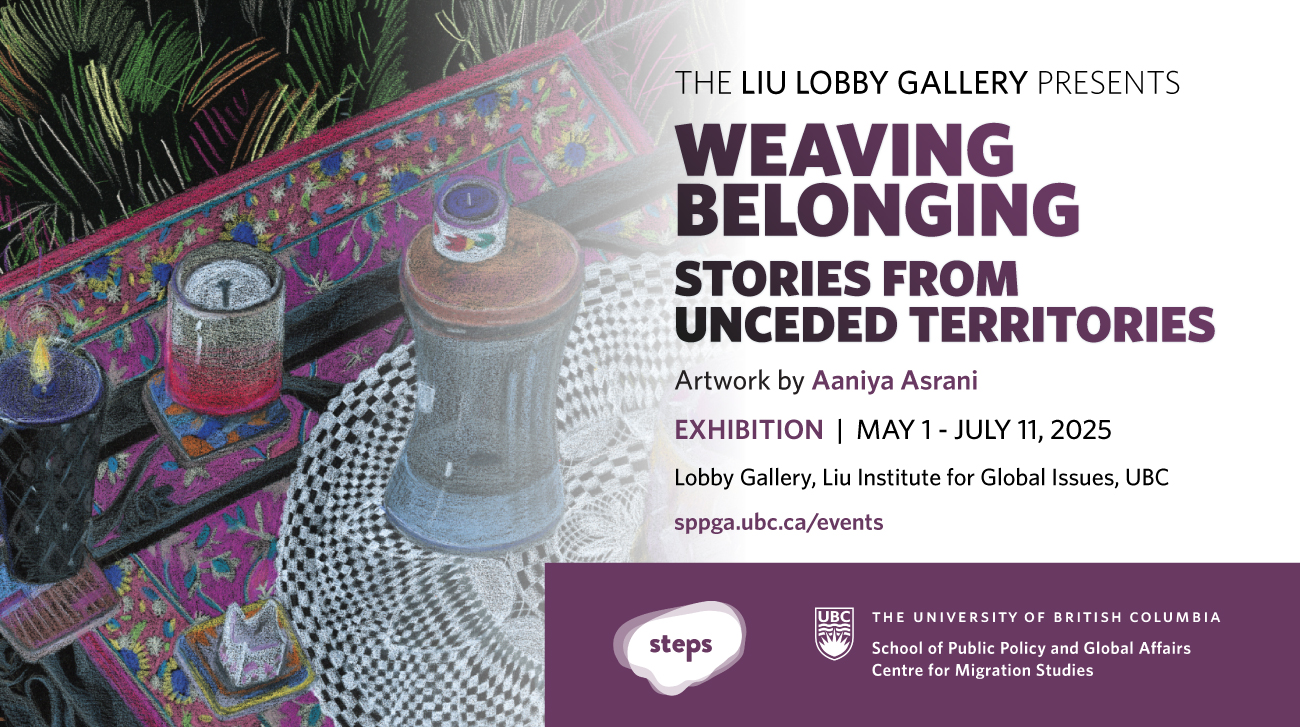What lies behind the idea and policies of Gross National Happiness (GNH) in Bhutan and how have Buddhist concepts and ethics been implemented on an institutional level in past and present? In this talk, Dagmar Schwerk provides a historical perspective on the development and institutionalization of Buddhist concepts and ethics in Bhutan which first manifested themselves in a twofold system of governance under a charismatic Buddhist master in the seventeenth century. She also takes a closer look at the broader intellectual history of the twofold system of governance, just kingship, and knowledge systems of Buddhist ethics—along with the connected intertwining between religion and other societal areas in pre-modern Bhutan.
Dagmar Schwerk’s research covers Indo-Tibetan Buddhism and Tibetan and Bhutanese intellectual, political, and social history. She holds a Ph.D. from the University of Hamburg, Germany. Her Ph.D. thesis focused on the Mahāmudrā controversy in Tibetan Buddhism and is the current Khyentse Foundation Postdoctoral Fellow in Tibetan Buddhist Studies at UBC’s Department of Asian Studies.

